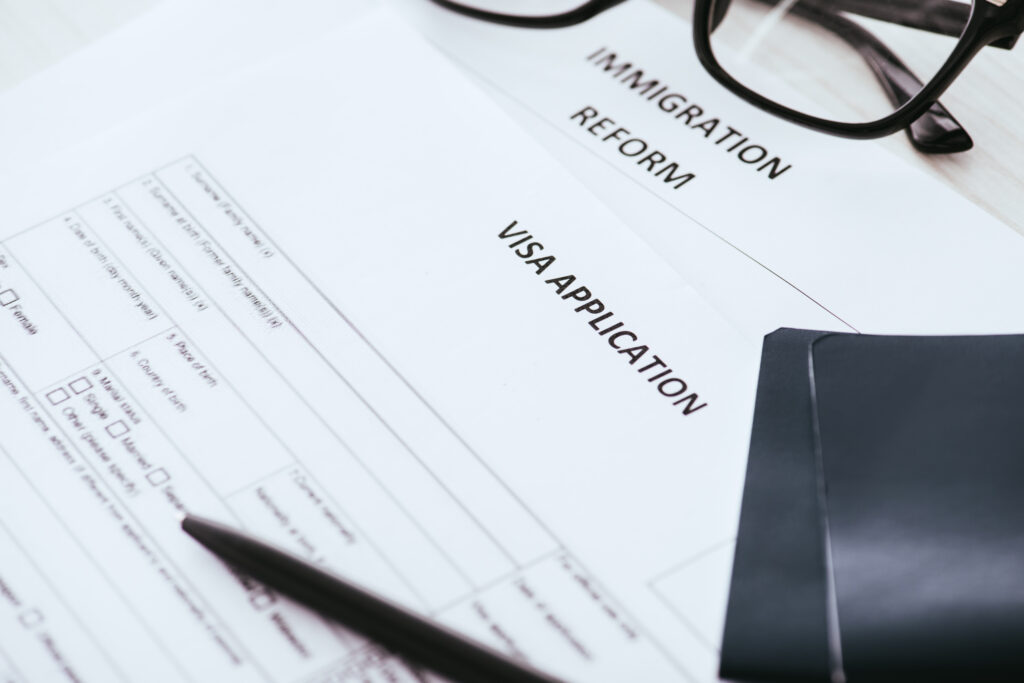The first 90 days in the UK often feel like both a whirlwind and a fresh chapter rolled into one. You’ve just stepped off the plane, luggage in hand, and suddenly you’re navigating new systems, new streets, and maybe even new weather. The good news? In 2025, the UK will have made the journey a little kinder for newcomers, thanks to digital updates like e-Visa access and clearer onboarding norms. Your first month in the UK on a visa sets the foundation, sorting out essentials such as registering with a GP, securing your National Insurance (NI) number, and opening a bank account—while the following weeks build on that with housing arrangements, workplace onboarding, and settling into your new community. Think of this guide as your friendly checklist for the first 90 days: one that balances practical tasks with the reassurance that every step, from paperwork to probation, has been streamlined compared with older arrival processes.
What’s New in 2025?
According to the most up-to-date guidance on UK official websites, in the visas and immigration section, arriving in the UK on a Skilled Worker visa is now more streamlined, thanks to digital improvements like e-Visas and faster entry checks. New arrivals benefit from updated information on healthcare, employment rights, and smoother transitions into local services.
This reflects ongoing efforts to ease integration, reduce paperwork, and get skilled professionals contributing quickly to UK life, and your first 90 days are a key part of that. The UK recognises that when you arrive on a Skilled Worker visa, you don’t just bring expertise, you bring energy, ambition, and fresh perspectives. By streamlining the early steps, from medical registration to workplace onboarding, the goal is to let you focus less on forms and more on finding your rhythm. Those first 90 days are not just about ticking off a checklist; they’re about building the foundations of your new chapter, establishing security, confidence, and a sense of belonging in your new community. Whether it’s navigating digital services, opening your first UK bank account, or simply getting used to the culture of the workplace, each step is designed to help you settle in more smoothly than before.
First Month in the UK on a Visa: Your Arrival Essentials
Think of your first month in the UK on a visa as laying a foundation. Here are the first steps to take—ideally within the first 4 weeks:
- Obtain your Biometric Residence Permit (BRP): Collect it from your local Post Office using the reference you received at the border.
- Register with a GP: Find your local NHS GP and register as soon as possible—healthcare access is now largely digital and EHR-enabled.
- Apply for your NI number: This is critical for getting paid legally. You can request one through the official channels and attend a quick identity check if needed.
- Open a bank account: UK banks now often allow remote setup once you’re in-country, using digital ID checks.
- Set up your mobile phone and data: Prepaid SIMs with coverage from Day 1 help with job setup, addresses, and navigating the area.
Getting these done early helps you settle without stress.
First 90 Days: Your Comprehensive Post-Arrival Checklist
Here’s your 90-day roadmap, broken into three key steps:
Weeks 1–4: Immediate Essentials
- Collect your BRP and confirm your immigration status.
- Register with a local GP and understand how to book appointments.
- Request your NI number (if not automatically assigned).
- Open a UK bank account for salary payments.
- Set up your local contact details (phone, address, emergency contact).
Weeks 4–8: Settling-In Tasks
- Finalise your housing arrangements, whether renting or setting up utilities.
- Join your employer’s onboarding programme—complete HR forms, shadowing, or training.
- Register for any in-work benefits, like workplace pension schemes or company healthcare contributions.
- Explore local services, like transportation passes, libraries, and grocery options.
Weeks 8–12: Embedding and Growth
- Understand your employer’s probation or appraisal structure.
- Get to grips with your workplace culture, internal tools, and team routines.
- Think ahead for your longer-term immigration milestones, such as visa extension or ILR (Indefinite Leave to Remain) planning.
- Join local expat networks or support groups—they’re great for practical advice and social connection.
Digital Changes & Key Deadlines to Know
2025 brings notable updates improving your integration:
- E-Visa / Electronic ID: Your immigration status is accessible online—no more physical paperwork at border control.
- Digital NHS registration: Booking GP appointments or requesting prescriptions can now be done quickly via apps.
- Remote banking: Many banks now allow you to set up an account with just your visa reference and phone number.
- Remember: your NI application can take a few weeks—start early.
- Some tasks—like renting or mobile contracts—often require proof of address or tenancy within 30 days.
Staying aware of these timings avoids delays.
What Has Changed in 2025 vs. Older Arrival Procedures
- No more heavy paperwork at the airport, your visa information is largely digital.
- Faster GP access through online NHS systems, replacing older manual processes.
- Remote banking and NI setup reduces in-person visits.
- Employer onboarding is more tech-enabled, with shared platforms and digital induction materials.
- Less processing friction across the board—Just-In-Time systems are replacing old bottlenecks.
Overall, it’s never been quicker to move from arrival to active working life in the UK.
Pro Tips for a Smooth Start
- Pack photocopies of your BRP, passport, CoS, and proof of address.
- Follow up on your NI number if it’s delayed—ask your local jobcentre or call HMRC.
- Keep documentation digital and backed up—employers may request proof of address or ID.
- Introduce yourself to your employer early—clarify working hours, probation expectations, and contact points.
- Use local councils’ newcomer guides—they’re often packed with key deadlines, waste schedules, holiday events, etc.
Final Thoughts: Your Launchpad to UK Life!
Your first 90 days in the UK are a crucial transition from arrival to integration. By completing your first month in the UK on the visa checklist and following through with the weeks that follow, you’ll secure your footing quickly and confidently. These early steps aren’t just about forms and paperwork—they’re about creating stability, building confidence, and setting the stage for the life you came here to pursue. Every box you tick during this period adds to a stronger foundation for growth, security, and success in your new chapter. Here’s to a smooth start, a steady journey, and the exciting opportunities that lie ahead. And don’t forget to follow Skilled Worker Mag for more guidance, tips, and updates to keep you supported along the way.



